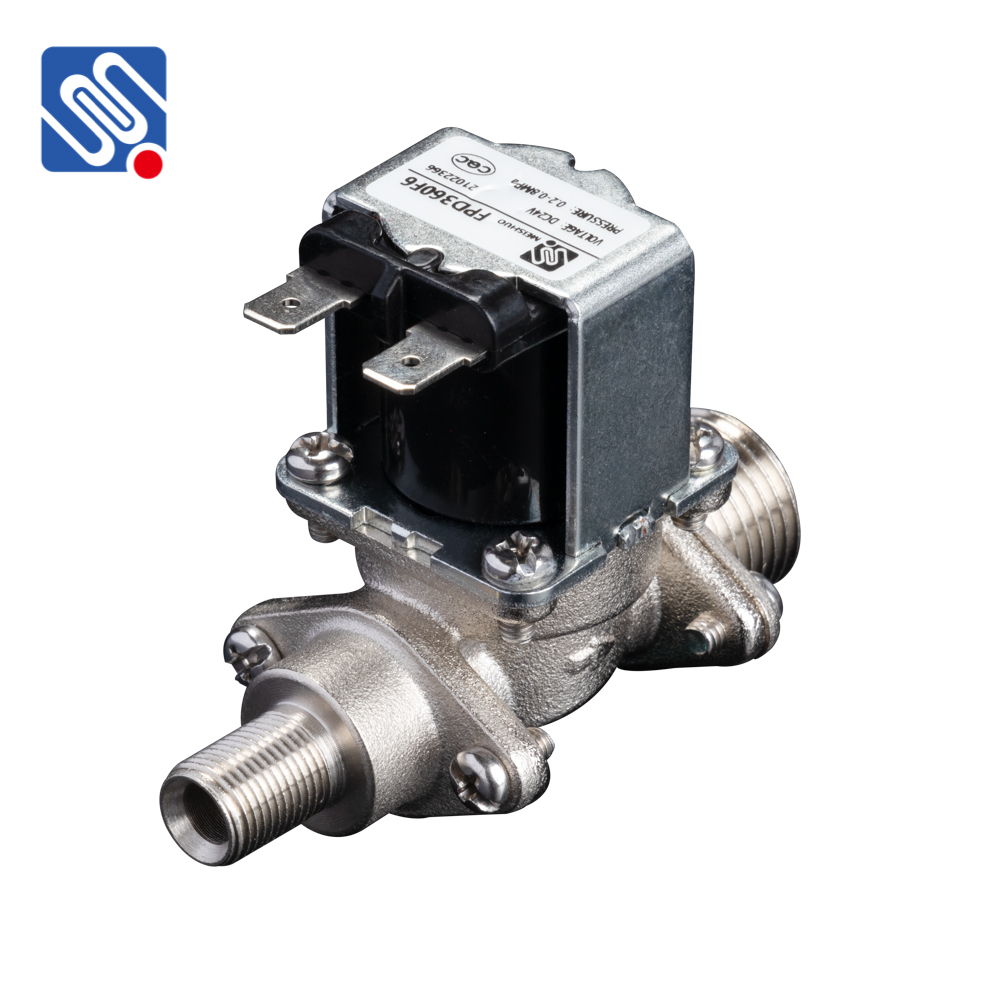understanding the flow control solenoid valve: key features and applications
Release time:2025-11-10 12:35:08
The Flow Control Solenoid Valve is a pivotal component used in various fluid and gas control systems. Its primary function is to regulate the flow rate of liquids or gases through a system, responding to electrical signals that allow precise control over the flow. These valves are widely used in industries ranging from automation, automotive, and aerospace to manufacturing and robotics. Understanding how they work and their application is essential for anyone involved in system design, maintenance, or engineering. This article delves into the functionality, types, advantages, and applications of Flow Control Solenoid Valves, shedding light on their importance in modern systems.

What is a Flow Control Solenoid Valve? At its core, a Flow Control Solenoid Valve is an electromechanical device that uses a solenoid coil to control the opening or closing of the valve, which in turn regulates the flow of a fluid or gas. The solenoid, when energized by an electrical current, creates a magnetic field that shifts the valve mechanism, allowing the fluid to pass through or stopping its flow completely. These valves are known for their precision and ability to quickly adjust the flow rate in response to changes in system demands. Unlike manual valves, which require physical intervention, solenoid valves provide automatic control, making them ideal for automated systems where constant monitoring and adjustment are required.

